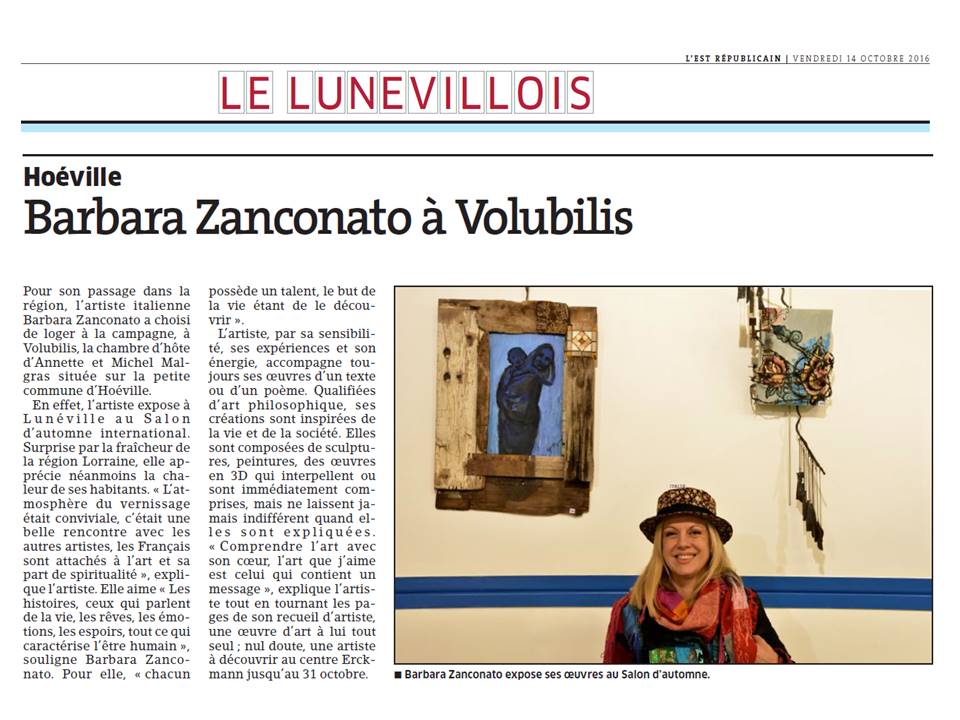My single line text
My single line text
My single line text

35ième SALON D'AUTOMNE INTERNATIONAL DE LUNEVILLE
October 7th, 2016
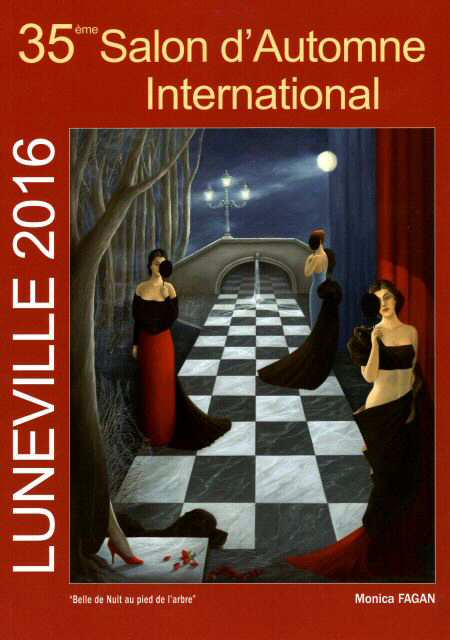

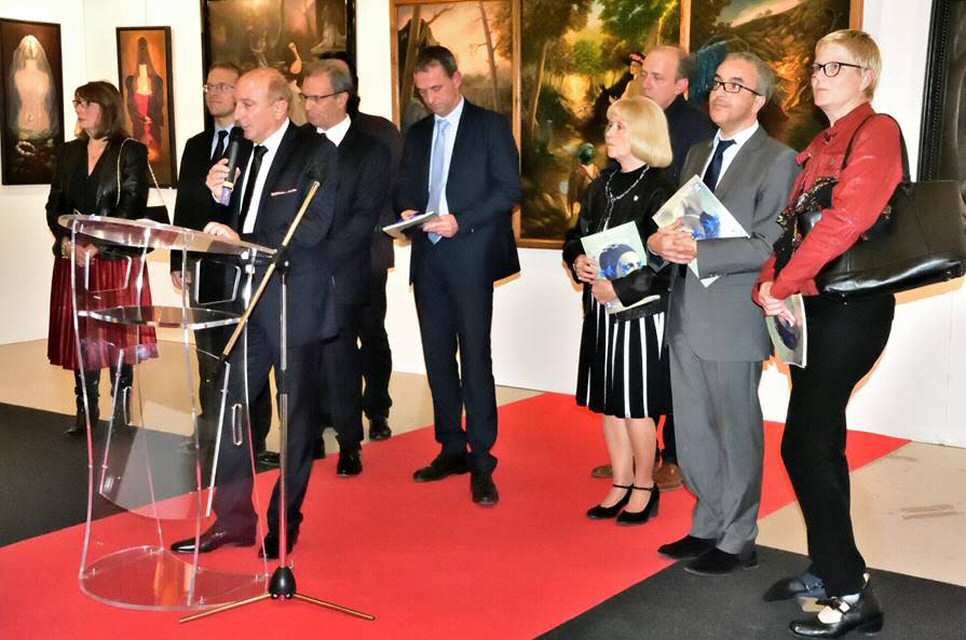
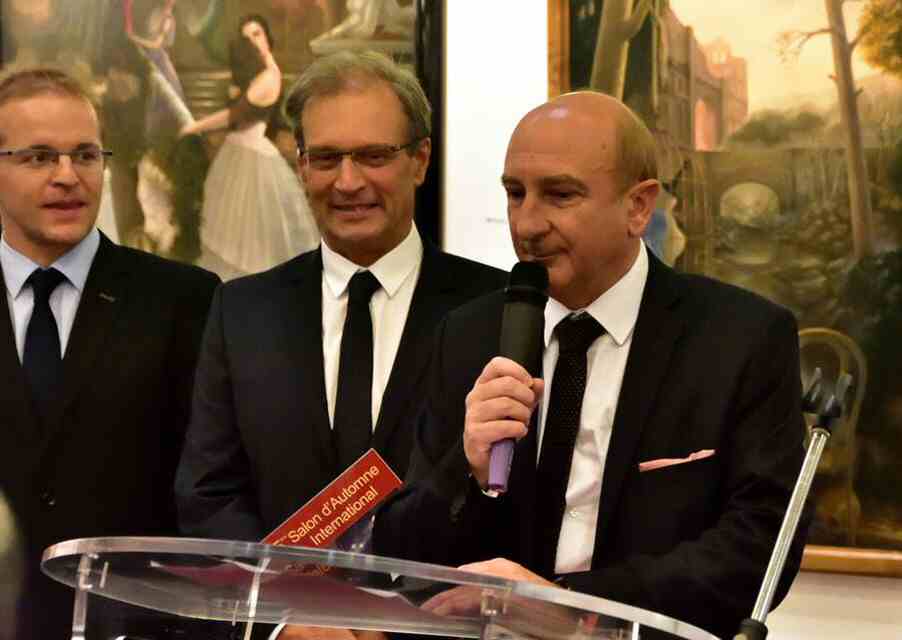
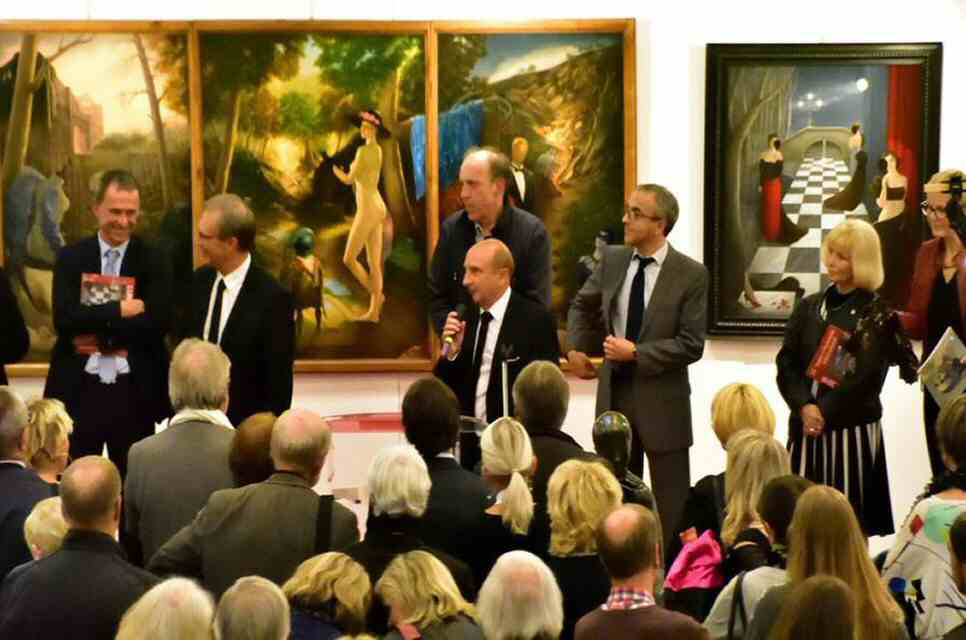

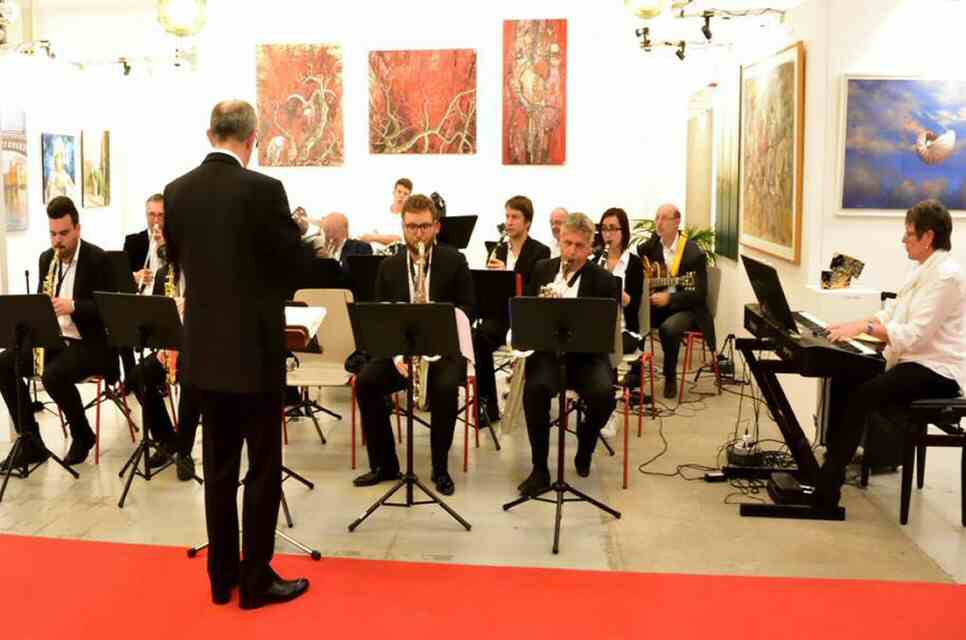
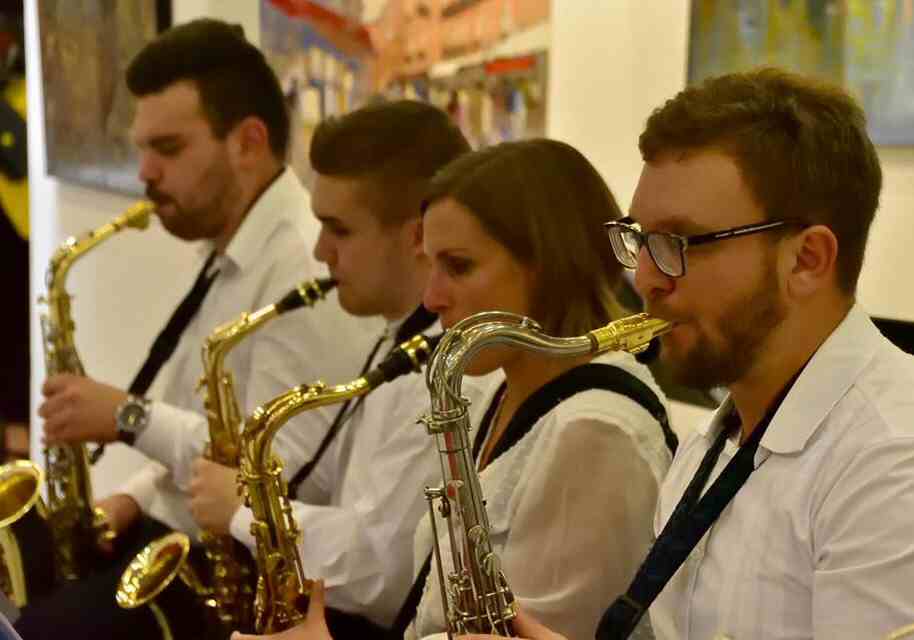
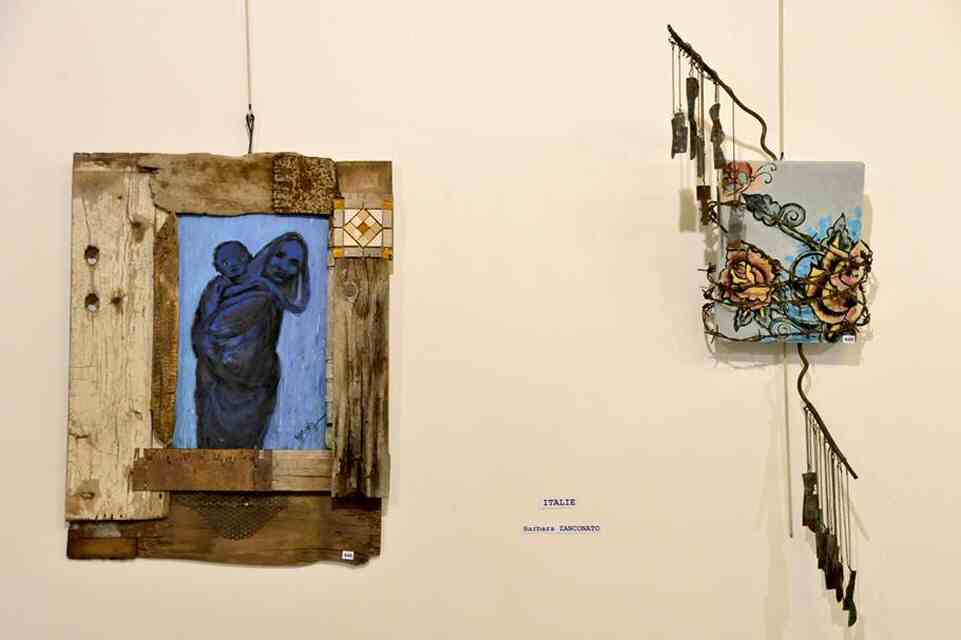
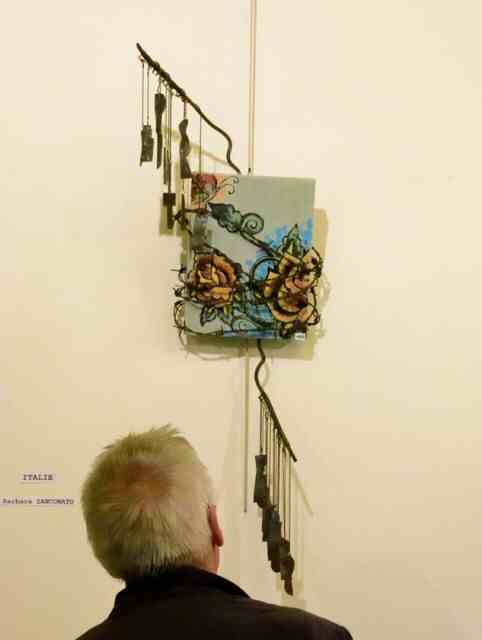


Two Barbara Zanconato’s works are on display at the Salon D’Automne International de Lunéville (October 8th – 31st 2016). The Salon D’Automne, at its 35th edition, kept in time more and more resonance making it the most important contemporary art exhibition of East of France and one of the most important French contemporary art events for the origin of the artists (more than 20 represented Countries this year), for their celebrity, for the originality and eclecticism of the presented works.
At the Salon D’Automne Zanconato presented two works that, in line with her artistic production of the latest years, present a great symbolic charge related, on the one hand, to the choice of the titles, and, on the other hand, to the use of materials and expressive means giving a strong emotional impact.
The first work, titled LILITH – THE SEARCH (2015), is relateded to an ancient Jewish tradition in which God, during the sixth day of the creation, made the man and the woman: Adam and Lilith (also in the Bible a reminiscence of this ancient tradition remains in the book of Genesis 1,27 where we can read: “God created man in His own image, in the image of God He created him; male and female He created them”). Cut from the same cloth as Adam (unlike Eve that then will be created from one of his ribs), come from the same divine wish, Lilith born and she feels like Adam, who, fallen in love with his wonderful partner, tries to subdue her by force and to reduce her to his wish, also from a sexual point of view, imposing to surmount her during the joining as a sign of his superiority.
At the Salon D’Automne Zanconato presented two works that, in line with her artistic production of the latest years, present a great symbolic charge related, on the one hand, to the choice of the titles, and, on the other hand, to the use of materials and expressive means giving a strong emotional impact.
The first work, titled LILITH – THE SEARCH (2015), is relateded to an ancient Jewish tradition in which God, during the sixth day of the creation, made the man and the woman: Adam and Lilith (also in the Bible a reminiscence of this ancient tradition remains in the book of Genesis 1,27 where we can read: “God created man in His own image, in the image of God He created him; male and female He created them”). Cut from the same cloth as Adam (unlike Eve that then will be created from one of his ribs), come from the same divine wish, Lilith born and she feels like Adam, who, fallen in love with his wonderful partner, tries to subdue her by force and to reduce her to his wish, also from a sexual point of view, imposing to surmount her during the joining as a sign of his superiority.
Nevertheless Lilith refuses these Adam’s impositions, she doesn’t subdue to a condition of inferiority and, at the end, she goes away from the Garden of Eden. God sends three angels to search for her, to bring her back and to subdue her to Adam, but Lilith refuses to perform the God’s orders and her refusal sentences her to a destiny of demon and to a symbol of evil.
Zanconato, in her work, highlight the initial point of the Lilith’s history, that is that the entire humanity, man and woman, is cut from the same cloth (it is made of the same dough) and comes from the same divine wish and, specially, the brave figure of Lilith that, to avoid to submit to a condition of inferiority and also a sexual subjugation, she leaves Adam and she goes away. Lilith withstands also to the Yahweh’s impositions who would want her submit to Adam.
Lilith becomes, according Barbara Zanconato, an archetype of a consciousness and of a female condition that, during the human history (that some feminist would define “sexist”), was censured and reduced to a destiny of demon, but that, in reality, it is searching for a pleasant environment, respectful of the mutual differences that do richer the world and the life.
Lilith – The Search represents this double value: on the one hand, the vision of the reciprocal respect, based on the absence of established hierarchies of gender, in which the interpersonal and social relationships are not founded on that concept of dominance that H. Laborit has clearly highlighted (H. Laborit “Eloge de la fuite”); on the other hand the verification that this vision is, also today, far from the reality and, for this, there is something still to find, still to build. Lilith, who is made of the same dough of Adam and for this, in origin, not inferior to him but, to the opposite, like him free to behave according her
Zanconato, in her work, highlight the initial point of the Lilith’s history, that is that the entire humanity, man and woman, is cut from the same cloth (it is made of the same dough) and comes from the same divine wish and, specially, the brave figure of Lilith that, to avoid to submit to a condition of inferiority and also a sexual subjugation, she leaves Adam and she goes away. Lilith withstands also to the Yahweh’s impositions who would want her submit to Adam.
Lilith becomes, according Barbara Zanconato, an archetype of a consciousness and of a female condition that, during the human history (that some feminist would define “sexist”), was censured and reduced to a destiny of demon, but that, in reality, it is searching for a pleasant environment, respectful of the mutual differences that do richer the world and the life.
Lilith – The Search represents this double value: on the one hand, the vision of the reciprocal respect, based on the absence of established hierarchies of gender, in which the interpersonal and social relationships are not founded on that concept of dominance that H. Laborit has clearly highlighted (H. Laborit “Eloge de la fuite”); on the other hand the verification that this vision is, also today, far from the reality and, for this, there is something still to find, still to build. Lilith, who is made of the same dough of Adam and for this, in origin, not inferior to him but, to the opposite, like him free to behave according her
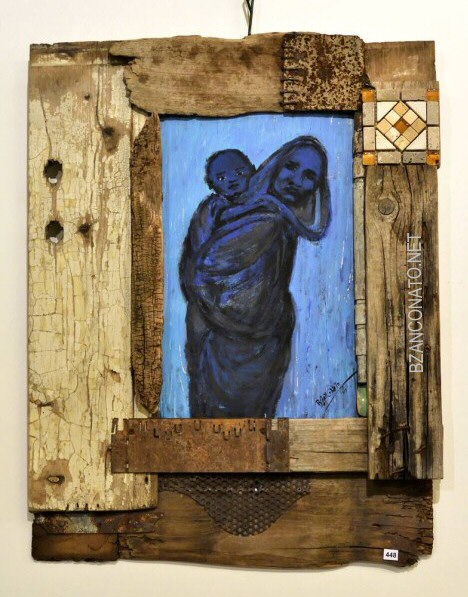
nature, is the Eve’s alternative archetype: Eve, in fact, is born from a rib of her partner, and for this, is subdued and voted to him. Thus Lilith is the symbol of the woman who has full consciousness of herself, who don’t need Adam and then free to go away from him with what she has the most important. But where to go?
And here is the sense of the second half of the title that opens other levels of interpretation of the work. In fact, the escape from Adam and from the Garden of Eden sets immediately the subject of the search: first of all, the search, physically, for a place where to settle. And here, it is quite evident the thought for all those women that, with their children, in the last years have found the strength and the courage to leave their homes destroyed by the war and to cross the sea…
And, in the same time, the search could be also for a different human dimension in which there are neither embezzlements nor matters of dominance: this is a very important theme for the artist that could have chosen this exhibition to present this work also in relation to the news of the lasts months in France, that is to say, the history of Jacqueline Sauvage that, with her extreme act of rebellion, stopped the violence of her husband towards also their daughters and that, despite the support of the French public opinion, is still in the jail to serve the sentence for homicide.
The second work, entitled PUEDEN SER (2015), is the representation of that astonishment, if not also shock, that we feel in front of the news of certain events, and of the next instinctive thought that “everything could have been so different”, that “it would have been so simple to avoid to make happen certain events”… … pueden ser tan fàciles las cosas… as, for example, to avoid the tragic and absurd history of Antonella Penati and his son Federico. It’s a history, also in this case, of violence and treads repeatedly perpetrated by a man (Antonella’s husband and Federico’s father) that, for this, has been several times reported and to which the court had removed the parental responsibility (assigning it to the Social Services).
And here is the sense of the second half of the title that opens other levels of interpretation of the work. In fact, the escape from Adam and from the Garden of Eden sets immediately the subject of the search: first of all, the search, physically, for a place where to settle. And here, it is quite evident the thought for all those women that, with their children, in the last years have found the strength and the courage to leave their homes destroyed by the war and to cross the sea…
And, in the same time, the search could be also for a different human dimension in which there are neither embezzlements nor matters of dominance: this is a very important theme for the artist that could have chosen this exhibition to present this work also in relation to the news of the lasts months in France, that is to say, the history of Jacqueline Sauvage that, with her extreme act of rebellion, stopped the violence of her husband towards also their daughters and that, despite the support of the French public opinion, is still in the jail to serve the sentence for homicide.
The second work, entitled PUEDEN SER (2015), is the representation of that astonishment, if not also shock, that we feel in front of the news of certain events, and of the next instinctive thought that “everything could have been so different”, that “it would have been so simple to avoid to make happen certain events”… … pueden ser tan fàciles las cosas… as, for example, to avoid the tragic and absurd history of Antonella Penati and his son Federico. It’s a history, also in this case, of violence and treads repeatedly perpetrated by a man (Antonella’s husband and Federico’s father) that, for this, has been several times reported and to which the court had removed the parental responsibility (assigning it to the Social Services).
Nevertheless, the February 25th 2009, during a “protected meeting” ordered by the Juvenile Court held at the building of the Social Services of St. Donato Milanese, the father didn’t find any difficult to kill his son with a hit of gun and 24 stabs (Federico died after a hour of agony) and then to commit suicide.
But this is not all: Antonella has gone to the court to show the responsibilities of those who had in charge her son and after about six years from the Federico’s death and after three degrees of judgement, the Court of Cassation, with the sentence of the January 28th 2015, has decreed the absolution of the accused (operators and persons responsible of those institutions that would have had to protect her son). Certainly, in the Antonella Penati’s case, who all had done to make evident and objective the thread of her husband, PUEDEN SER… certainly, for her son Federico, who today would be sixteen, PUEDEN SER… but one belt made of barbed wire tightens in a vice these tragically repressed possibilities.
Beyond the meaning of the single works exposed to the Salon d’Automne it is evident the pedagogic, if not social, intent of the Zanconato’s artistic activity: the choice of the works appears dictated not mainly on a base of pure aesthetical approach, as often it happens in this type of events, but rather on the affinity of themes that are intertwined.
It is evident, in fact, the tragic parallelism of the histories of Jacqueline Sauvage and Antonella Penati and in both cases how we cannot say: PUEDEN SER…
And it is also evident in the two same cases the echo of that attitude marked by the dominance, of that sense of superiority from which Lilith ran away. Sense of dominance that, in both cases, has not only pervaded the two husbands, but also and above all the institutions that have been involved. In fact we can easily see, in both cases, the
But this is not all: Antonella has gone to the court to show the responsibilities of those who had in charge her son and after about six years from the Federico’s death and after three degrees of judgement, the Court of Cassation, with the sentence of the January 28th 2015, has decreed the absolution of the accused (operators and persons responsible of those institutions that would have had to protect her son). Certainly, in the Antonella Penati’s case, who all had done to make evident and objective the thread of her husband, PUEDEN SER… certainly, for her son Federico, who today would be sixteen, PUEDEN SER… but one belt made of barbed wire tightens in a vice these tragically repressed possibilities.
Beyond the meaning of the single works exposed to the Salon d’Automne it is evident the pedagogic, if not social, intent of the Zanconato’s artistic activity: the choice of the works appears dictated not mainly on a base of pure aesthetical approach, as often it happens in this type of events, but rather on the affinity of themes that are intertwined.
It is evident, in fact, the tragic parallelism of the histories of Jacqueline Sauvage and Antonella Penati and in both cases how we cannot say: PUEDEN SER…
And it is also evident in the two same cases the echo of that attitude marked by the dominance, of that sense of superiority from which Lilith ran away. Sense of dominance that, in both cases, has not only pervaded the two husbands, but also and above all the institutions that have been involved. In fact we can easily see, in both cases, the
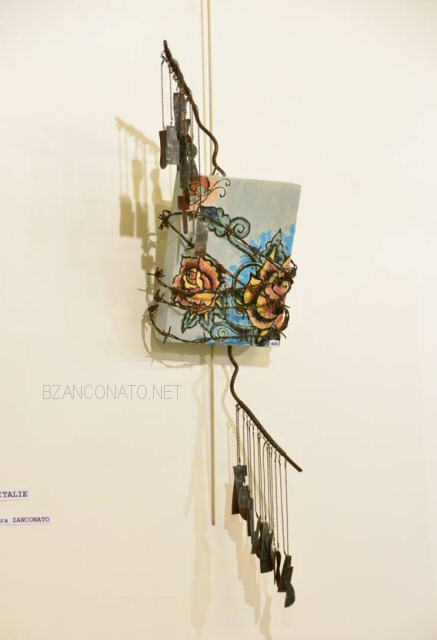
total absence of human sense also manifested by the judges that has brought to sentences that still result incomprehensible to the public opinion. Once again: PUEDEN SER…
It would not had been too complicated, even if not contemplated by the codes (that, for their nature, are only able to represent in a simplified way the complexity o f the reality), to understand the Jacqueline’s and Antonella’s reasons. Nevertheless, until now, the two women stay grind in a system that wants them “murderer” the one and mother “hysteric and hyper-protective” the other. But, luckily, inside the two women the spirit of Lilith doesn’t seem completely switched off yet.
Two works, those by Zanconato, that narrates histories but also, in the same time, set us themes and doubts on which it is evident that two western societies, as that French* and that Italian, have not found answers yet. Works that, for this, introduce a strong human and social value, as always happens with Barbara Zanconato, because they represent a strong exhortation to accept different points of view and to replace the dominance with the empathy.
It is not necessary to reach the point that Lilith must go: why not to welcome and to appreciate the differences? why not to dialectically exploit them?
...PUEDEN SER
Andrea Fallini
* It should be noted that, on December 28th, 2016, French president François Hollande has granted a presidential pardon to Jacqueline Sauvage "in relation to an outstanding human situation". The woman, therefore, has been released.
It would not had been too complicated, even if not contemplated by the codes (that, for their nature, are only able to represent in a simplified way the complexity o f the reality), to understand the Jacqueline’s and Antonella’s reasons. Nevertheless, until now, the two women stay grind in a system that wants them “murderer” the one and mother “hysteric and hyper-protective” the other. But, luckily, inside the two women the spirit of Lilith doesn’t seem completely switched off yet.
Two works, those by Zanconato, that narrates histories but also, in the same time, set us themes and doubts on which it is evident that two western societies, as that French* and that Italian, have not found answers yet. Works that, for this, introduce a strong human and social value, as always happens with Barbara Zanconato, because they represent a strong exhortation to accept different points of view and to replace the dominance with the empathy.
It is not necessary to reach the point that Lilith must go: why not to welcome and to appreciate the differences? why not to dialectically exploit them?
...PUEDEN SER
Andrea Fallini
* It should be noted that, on December 28th, 2016, French president François Hollande has granted a presidential pardon to Jacqueline Sauvage "in relation to an outstanding human situation". The woman, therefore, has been released.
